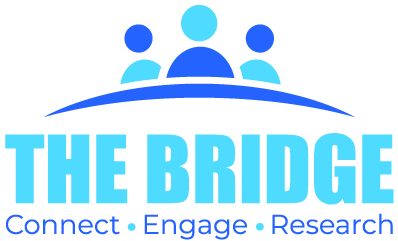An important approach to reduce youth tobacco use is the adoption of regulations to prohibit tobacco product sale to individuals younger than 21 years, termed Tobacco 21. In the United States, close to 90% of current smokers started smoking before the age of 18 years, and 99% before age 26 years. Earlier age of tobacco use initiation is associated with lower rates of smoking cessation.
Increasing minimum age to purchase has been shown to reduce tobacco product use among youth. The critical determinant is likely the loss of social sources of tobacco products. Enforcement activities are important for age-of-purchase laws to be effective. Raising the minimum legal age to purchase tobacco products to 21 years is highly supported among both the smoking and nonsmoking public.
Tobacco sales to those younger than 21 years account for just 2% of total tobacco sales, yet produce 90% of new smokers. The short-term effect on small business of raising the minimum age to purchase would be minimal. Small businesses will have time to adapt to the decrease in tobacco sales as fewer youth grow up nicotine addicted. Raising the minimum age to purchase of tobacco and nicotine products to 21 years, combined with enforcement of those restrictions, will help protect future generations from a lifetime of tobacco dependence and associated morbidity. These regulations should apply to all tobacco products, including electronic nicotine delivery systems. Respiratory health care providers should educate their local, state, and federal policy makers on the importance of Tobacco 21.

